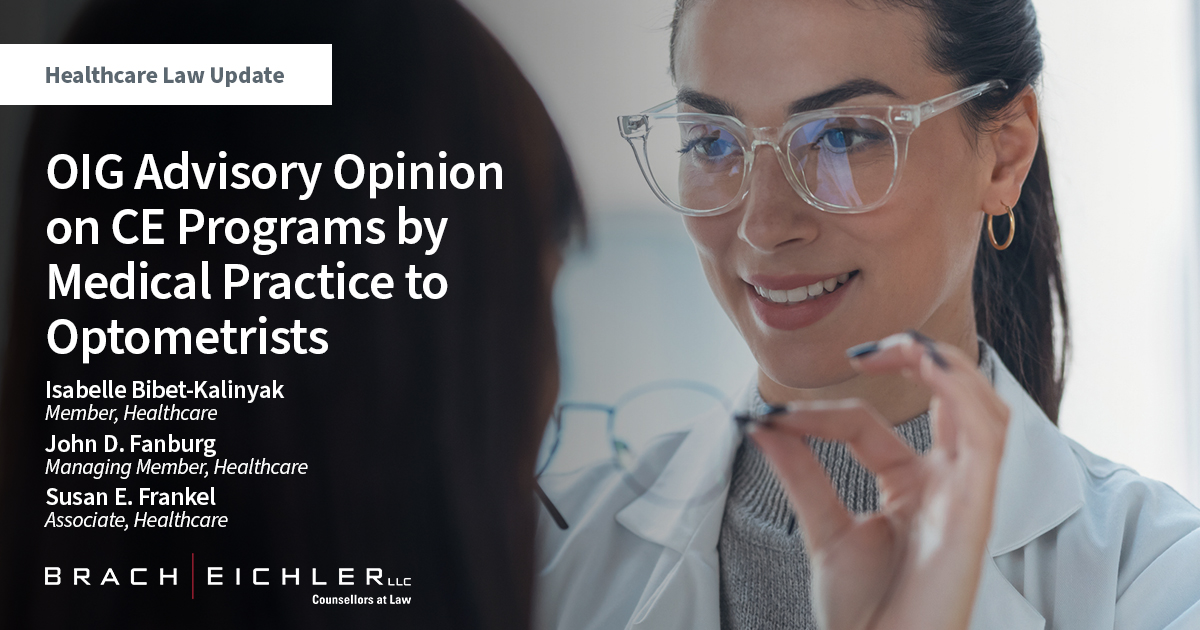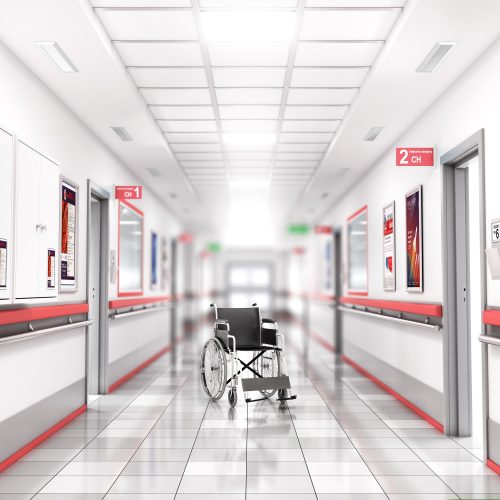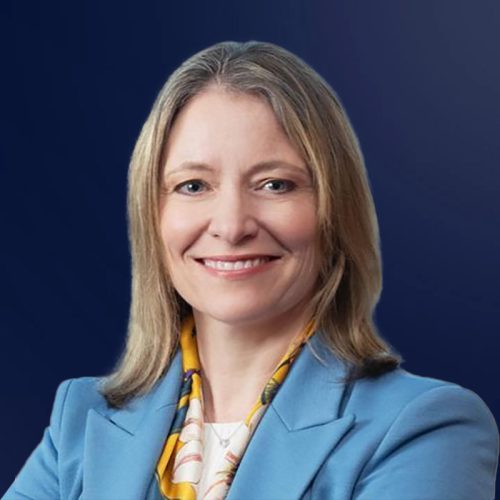OIG Advisory Opinion on CE Programs by Medical Practice to Optometrists

On June 23, 2022, the U.S. Department of Health & Human Services, Office of Inspector General (OIG) issued an Advisory Opinion (AO 22-14) concerning a proposal by an ophthalmology practice to offer continuing education programs for local optometrists. The OIG analyzed the proposed funding for these programs for possible implications under the federal Anti-kickback Statute (AKS) and related fraud and abuse laws.
Under the proposed arrangement, the ophthalmology practice sought to offer continuing education programs to optometrists outside of the practice, addressing new technology and pharmacological practice treatment protocols in connection with ophthalmic surgeries. Local optometrists refer 50% of the surgical procedures that the ophthalmology practice performs, and 30% of those patients return to the referring optometrist for post-operative care that is co-managed with the ophthalmologist. The ophthalmology practice proposed four methods of funding the continuing education programs:
• Charge all attendees a registration fee consistent with fair market value for such programs. The fees would essentially cover the overall cost of the program, and any shortfall would be insubstantial while any excess revenue would be donated to a local charity;
• Offer the programs free of charge to all attendees, and the ophthalmology practice would cover the full charge;
• Offer the programs free of charge to all attendees, but seek funding from industry sponsors, such as medical device and pharmaceutical companies. Any shortfall would be covered by the practice, and any excess would be donated to charity; or
• Charge all attendees a reduced registration fee and seek funding from industry sponsors. Any shortfall would be covered by the practice and any overage would be donated to charity.
The OIG first observed that the continuing education programs themselves were not problematic since they involved actual and relevant substantive information related to the treatment of patients; food items served would be modest; the venue would be appropriate for educational presentations without accompanying sporting or entertainment events; the faculty would have first-hand appropriate experience; and the programs would not target referral-generating optometrists, such











